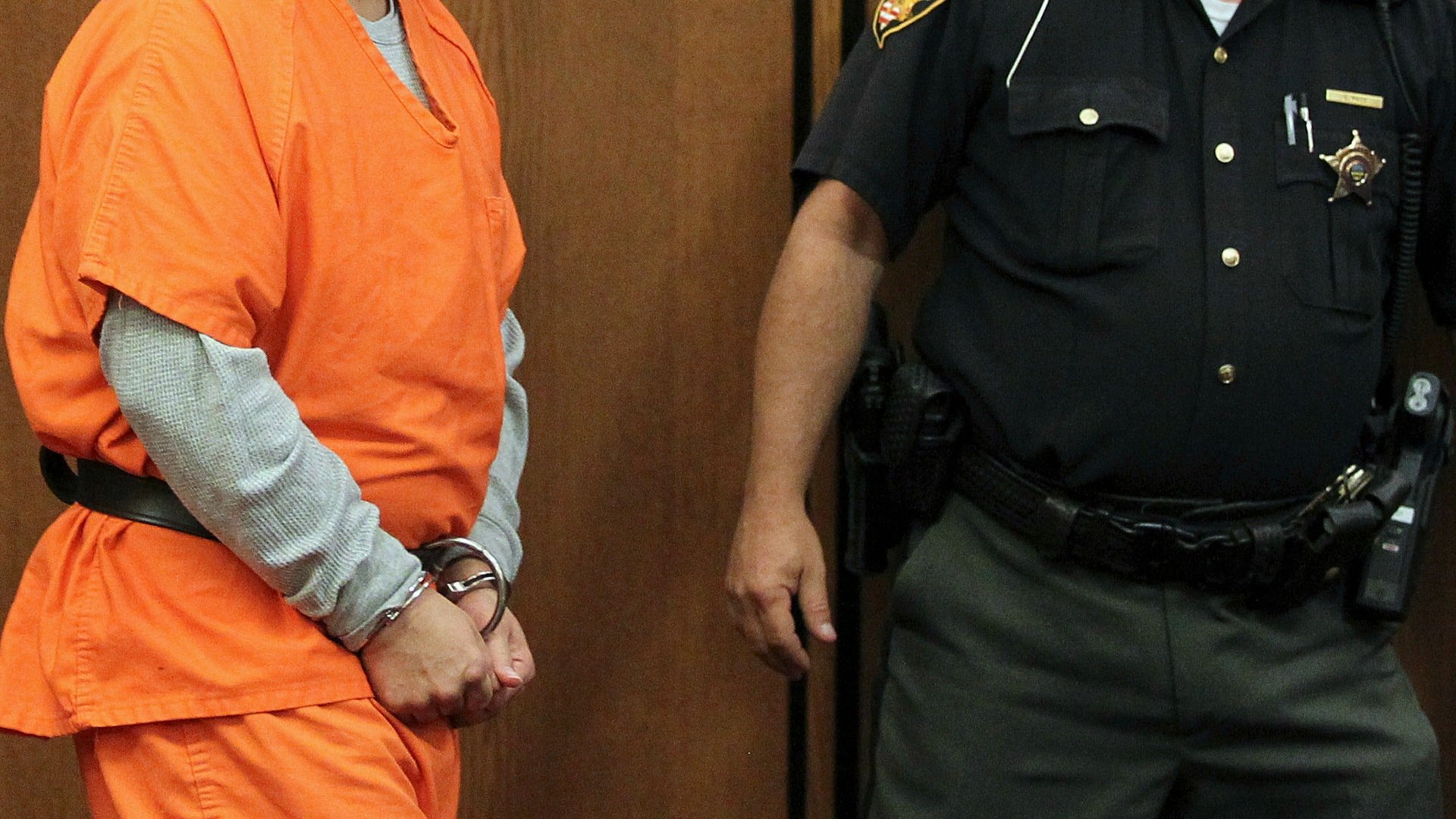You can train humans to be good people
Over the past few decades, psychologist Phil Zimbardo has established himself as a kind of emissary to the dark side of human nature. Thousands of college students learn each year about his infamous Stanford Prison Experiment, in which he tapped half the participants to play “prisoners” and half to play “guards.” The experiment was to run for two weeks, but after just a few days, the guards started acting so sadistically—ordering the prisoners to strip nude and clean toilets with their hands, among other things—that Zimbardo called the experiment off. The study ultimately became psychological shorthand for what can happen when normal people get social license to behave badly.


Over the past few decades, psychologist Phil Zimbardo has established himself as a kind of emissary to the dark side of human nature. Thousands of college students learn each year about his infamous Stanford Prison Experiment, in which he tapped half the participants to play “prisoners” and half to play “guards.” The experiment was to run for two weeks, but after just a few days, the guards started acting so sadistically—ordering the prisoners to strip nude and clean toilets with their hands, among other things—that Zimbardo called the experiment off. The study ultimately became psychological shorthand for what can happen when normal people get social license to behave badly.
People were so fascinated with the experiment and its implications that Zimbardo spent years studying how certain situations can give rise to evil. He appeared as an expert witness in an Abu Ghraib guard’s trial and wrote an acclaimed book called The Lucifer Effect. As he finished his book manuscript, though, he realized the strain of focusing on the worst in human nature was getting to him. He thought about Christina Maslach, the psychologist who would eventually become his wife, and how she had interceded during the Stanford Prison Experiment, telling him what he was doing to his subjects was terrible. He knew it had taken courage for Maslach to speak up, and he pondered why some people step forward to help others even at personal risk, while most are content to remain on the sidelines. Inspired, he decided to devote himself to studying and promoting heroism, and he founded his own nonprofit, the San Francisco-based Heroic Imagination Project (HIP). “We think heroism is trainable,” he says. “We’re trying to make people aware that most heroes are ordinary people.”
At first glance, Zimbardo’s career shift might seem like a dramatic turnabout, but it’s actually a very logical follow-on to his earlier work. If the Stanford Prison Experiment reveals how easy it is for people to behave poorly in certain situations, the Heroic Imagination Project asks how we as a society can do better—and aims to supply convincing answers. To that end, Zimbardo and his colleagues, including longtime educator Clint Wilkins, have devised a heroic education curriculum oriented toward helping high schoolers recognize negative situational influences and rise above them. That way, they can behave in ways consistent with their true values.
According to a principle known as the bystander effect, for instance, we’re less apt to help someone in need if there are others standing around; we may not feel as compelled to act if we think another person will step in. The hero project’s curriculum teaches students to use a mental “pause button” so that they can avoid falling prey to automatic assumptions (“Someone else will take care of it”) and choose a more thoughtful response instead. Similarly, instructors warn students how easy it is to slide into conforming with what others are doing—even if it’s something unethical like bullying a fellow student—and emphasize the importance of standing alone when necessary. In addition to learning how to overcome tendencies that may hold them back from helping, heroes-in-training get to flex their selflessness muscles by brainstorming social change strategies (helping fellow students struggling with math, say) and testing them out in the real world.
It’s still too soon for a long-term verdict on the curriculum, but early assessments indicate hero project’s approach is one to watch. In pilot programs at high schools in California’s Bay Area, kids who’d taken a hero course showed an enhanced understanding of concepts like the bystander effect and the ways people defer to authority, and they reported being more reflective and compassionate after taking the course. Related programs for adults, including one that teaches corporate employees to act with integrity, are in development.
Zimbardo knows people will be talking about the Stanford Prison Experiment for a long time to come, but he hopes his efforts to beat back the dark side will prove just as memorable. “If there’s a challenging situation, heroes do something,” he says. “We don’t want [heroism] to be limited to a rare, special breed. We say, ‘You have the potential to be a hero.’ That’s really powerful.”